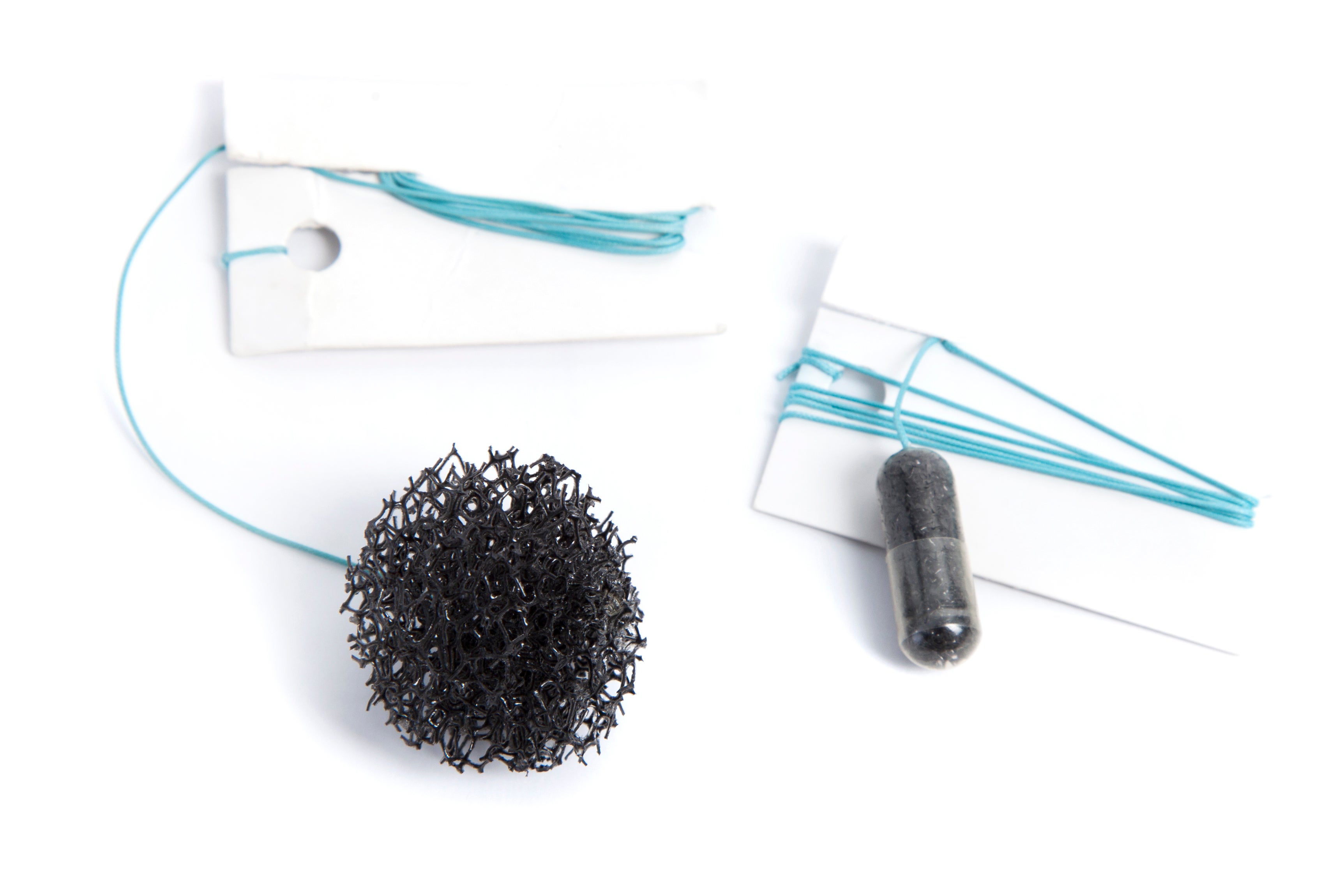Charity calls for sponge test to be widely available to prevent oesophageal cancer deaths
At the moment it is offered only to higher risk patients as an alternative to endoscopy
Your support helps us to tell the story
From reproductive rights to climate change to Big Tech, The Independent is on the ground when the story is developing. Whether it's investigating the financials of Elon Musk's pro-Trump PAC or producing our latest documentary, 'The A Word', which shines a light on the American women fighting for reproductive rights, we know how important it is to parse out the facts from the messaging.
At such a critical moment in US history, we need reporters on the ground. Your donation allows us to keep sending journalists to speak to both sides of the story.
The Independent is trusted by Americans across the entire political spectrum. And unlike many other quality news outlets, we choose not to lock Americans out of our reporting and analysis with paywalls. We believe quality journalism should be available to everyone, paid for by those who can afford it.
Your support makes all the difference.A test that involves a patient swallowing a pill on a string should be widely available on the NHS in order to prevent cancer deaths, a charity has said.
The capsule sponge test releases a sponge to collect cells from the oesophagus as it is retrieved.
The test can be used to detect abnormalities that form as part of a condition known as Barrett’s oesophagus, which makes a person more likely to develop oesophageal cancer.
Oesophageal cancer affects about 9,300 people a year, according to Cancer Research UK. It is usually diagnosed using an endoscopy, or a camera down the throat.
Symptoms can be mistaken for indigestion, such as persistent heartburn or difficulty swallowing, and often materialise in the later stages.
The disease has a five-year survival rate of less than 20 per cent, but this rises to 55 per cent if detected early at stage one.
Mimi McCord, founder and chairman of the charity Heartburn Cancer UK, said: “Cancer of the oesophagus is a killer that can hide in plain sight.
“People don’t always realise it, but not all heartburn is harmless. While they keep on treating the symptoms, the underlying cause might be killing them.”
Symptoms of oesophageal cancer
According to the NHS
Symptoms of oesophageal cancer can affect your digestion, such as:
- having problems swallowing
- feeling or being sick
- heartburn or acid reflux
- symptoms of indigestion
Other symptoms:
- a cough that is not getting better
- a hoarse voice
- loss of appetite or losing weight without trying to
- feeling tired or having no energy
- pain in your throat or the middle of your chest, especially when swallowing
- black poo or coughing up blood (although these are uncommon)
Ms McCord set up Heartburn Cancer UK after losing her husband Mike, 47, to oesophageal cancer in 2002.
The group is calling for the wider adoption of the capsule sponge test in order for patients to be diagnosed earlier and given a better chance of survival.
It comes after previous studies found the test can pick up more cases of Barrett’s oesophagus compared with routine GP care.
At the moment, it is offered only to higher risk patients as an alternative to endoscopy as part of NHS pilot schemes.
It is understood they could be rolled out further if the trials yield positive results.
“We have a test. We know it works. People are dying while we wait to make it widely available,” Ms McCord said.
A spokesperson for NHS spending watchdog the National Institute for Health and Care Excellence (Nice), said: “Our guideline committee identified Cytosponge as a tool which could benefit the NHS for diagnosing dysplasia and cancer, but the quality of the evidence was not sufficient to support its use at present.
“We are aware of two ongoing trials and are hopeful they could produce the evidence required to fully appraise the clinical and cost effectiveness of this potentially useful tool.”

Dr Lyndsy Ambler, senior strategic evidence manager at Cancer Research UK, said: “Around 59% of all oesophageal cancer cases are preventable. Yet endoscopy, the gold standard for diagnosing this cancer, is labour intensive.
“We need better tools and tests to diagnose oesophageal cancer and to identify and monitor people most at risk.
“Backed by funding from Cancer Research UK, the capsule sponge has become one of the most exciting early detection tools to emerge in recent years.
“It’s already making a difference in pilots within the NHS in England, Scotland and Wales to reduce backlogs for endoscopy from the pandemic.”
Cancer Research UK is working with the National Institute for Health and Care Research (NIHR) on the BEST4 trial, which will recruit 120,000 people in a bid to explore if the capsule sponge test can reduce deaths from oesophageal cancer.
“If this trial is successful, it could see the test rolled out more widely across the UK,” Dr Ambler said.

Join our commenting forum
Join thought-provoking conversations, follow other Independent readers and see their replies
Comments